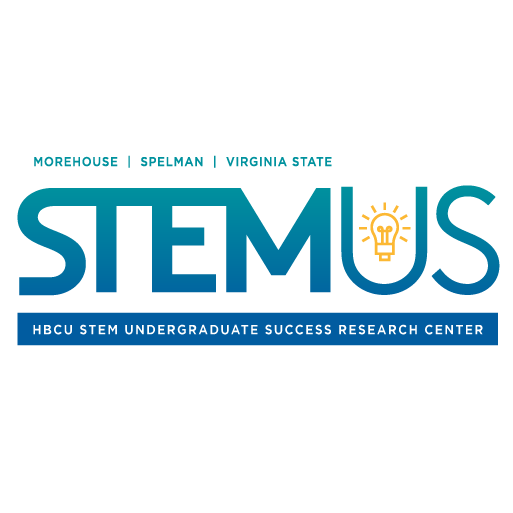
Utilitarian Scientific Literacy & PVEST
Growth Mindset Faculty Development Workshop

SCIENTIFIC LITERACY INITIATIVE
Utilitarian Scientific Literacy
Dr. Lycurgus Muldrow developed a comprehensive, utilitarian scientific literacy curriculum with evidence that this curriculum, at Morehouse College and in upper-level STEM high school courses, contributes to students’ increased interest in pursuing STEM careers, and improves their success in college-level STEM courses. In the scientific literacy course, there are 12 stand-alone modules titled: Scientific Literacy Defined; Why Scientific Literacy is Important; Scientific Literacy and College Retention; Growth Mindset; How the Discovery Process Works, Parts I and II; Scientific Method; Research Simulation Case Study; Careers in STEM; Research Experience for Undergraduates; and How Science is Communicated, Parts I and II. Each of these modules contains a professionally produced video lecture with accompanying slides, active-learning activities, and a quiz. Considering that there are various contextual factors that may affect a students’ general accomplishment in the STEM major, this course builds from the ground up to thoroughly provide every student with the fundamental information, skills, and disposition expected to guarantee success. As students complete each individual module they are exposed to skills needed to persist in their respective STEM fields. From the student-centered learning approach used throughout the course, every student is granted the opportunity for a personalized, engaging and informative experience that allows them to identify their own unique skills and capabilities. Through the incorporation of a research simulation case study and other supporting activities, they are able to take ownership over their learning, build a scientific identity and increase their self-efficacy. Additionally, the course exposes students to a variety of information in regards to career options, study habits, research opportunities and the importance of a growth mindset.
